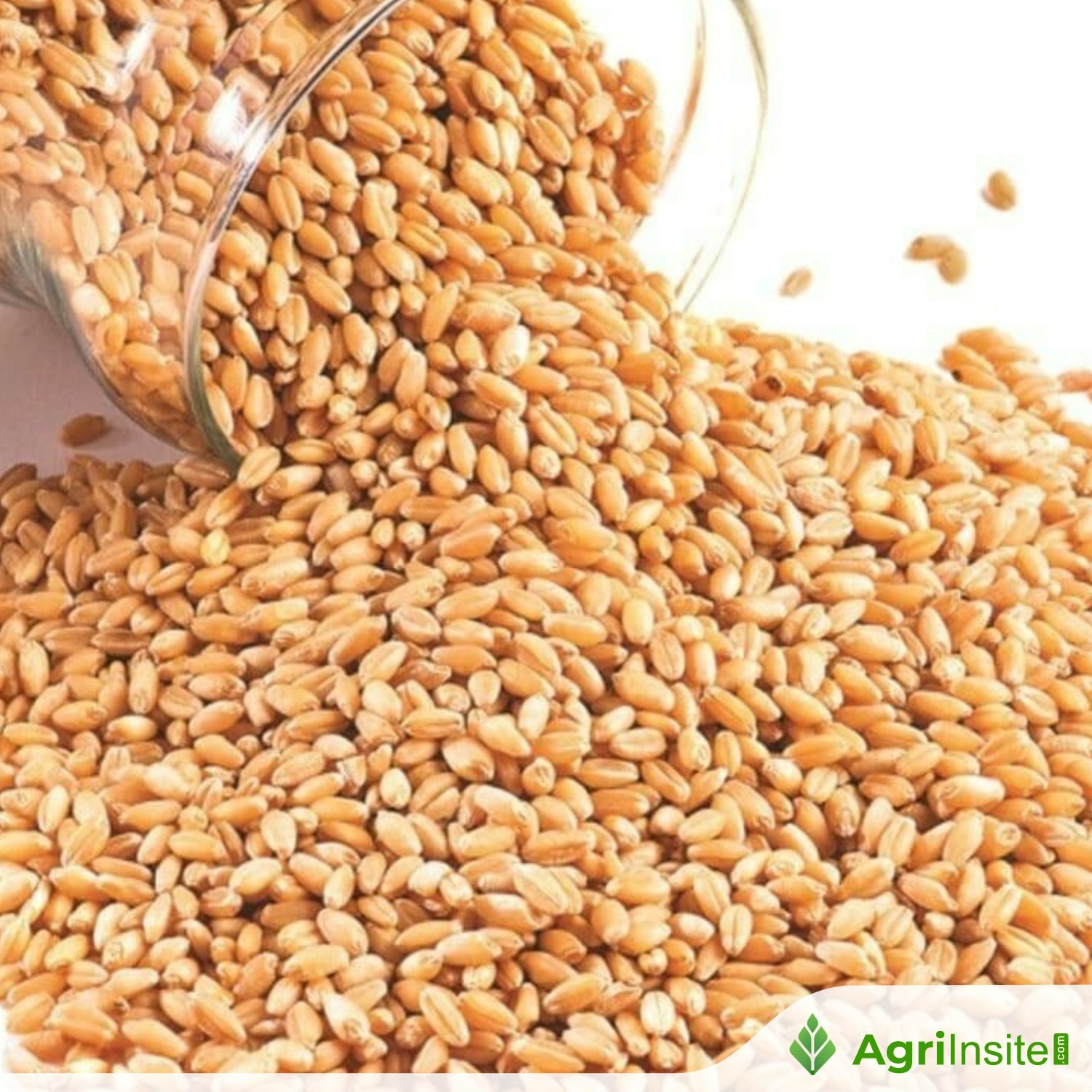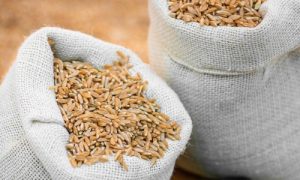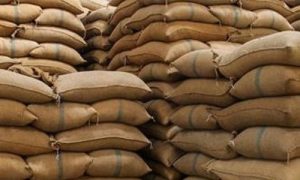Pakistan : $1b import bill looms if wheat price delayed

The Ministry of National Food Security in Pakistan has urged Prime Minister Shehbaz Sharif to quickly announce a new wheat support price and set procurement targets, warning that inaction could lead to a $1 billion wheat import bill. Uncertainty around support prices has left farmers unsure as the planting season approaches, risking a significant decrease in wheat sowing.
ISLAMABAD: The Ministry of National Food Security and Research has urged Prime Minister Shehbaz Sharif to swiftly announce a new wheat support price and set procurement targets, warning that failure to act could result in a $1 billion wheat import bill.
The urgency of the situation stems from the International Monetary Fund’s (IMF) condition that the government refrain from intervening in agricultural markets.
According to ministry sources, farmers are currently facing uncertainty, as there has been no clarity on whether the government plans to set a new minimum support price for wheat.
The lack of clear directives has left farmers in the dark regarding procurement targets, complicating their decision-making as the planting season approaches.
The Ministry of Food informed PM Shehbaz that failing to set the wheat price and secure procurement for the second consecutive year could discourage farmers from planting enough for local consumption.
This, the ministry warned, might result in wheat imports exceeding $1 billion.
In its staff-level report released this month, the IMF said that Pakistan’s federal and provincial governments had agreed in principle to refrain from announcing the support prices for raw commodities and limiting the procurement programmes to the extent of food security purposes.
In the Memorandum for Economic and Financial Policies (MEFP), Finance Minister Muhammad Aurangzeb also committed to the IMF that “we are taking action to phase out federal and provincial government price-setting for agricultural commodities by the end of the fiscal year 2026”.
The finance minister further stated Pakistan recognises that the government’s large-scale interventions in markets for agricultural commodities, including fertilisers, are no longer fit for purpose.
They have created distortions stifling private sector activity and innovation, exacerbated price volatility and hoarding, and placed fiscal sustainability at risk, stated the finance minister.
“To set expectations for the 2025 kharif crop season and minimize disruptions, we will lay out our strategy for the transition arrangements by end-September 2024”, according to the finance minister’s commitment to the IMF.
However, this week, the national food ministry proposed to the prime minister that he may instruct to announce the profitable support price and fix procurement targets for Rabi season 2024-25 in consultation with provinces and publicise that this policy will be discontinued from Rabi 2025-26 in line with the IMF programme commitments.
The second option is that the PM may announce that there will be no wheat support price this year but the government will procure the commodity only for this year at the market prices to create certainty in the market and for farmers.
The third option is that the PM may refer the matter to the Economic Coordination Committee of the cabinet for a decision on the wheat support price and the procurement operations.
The Ministry of National Food Security and Research’s version could not be obtained till the filing of the story.
Last year, the federal government had fixed the wheat support price at Rs3,900 per 40 kg based on the estimated average cost of production of Rs3,304 per 40 kg. This gave about an 18% profit margin to the farmers.
The food ministry was of the view that the IMF programme required full deregulation to be effective from fiscal year 2025-26, beyond Rabi 2024-25. It said that there was a need for clear policy direction on wheat pricing and procurement needs to be enunciated by the federal government in consultation with the provinces.
The food ministry informed the PM that for this crop, the cost of production is estimated at Rs3,312 per 40 kg by the Agriculture Policy Institute.
In the last four years, domestic wheat production has, on average, fallen short of the self-sufficiency level by 2.5 million metric tons (MMT) to 3.5 MMT requiring imports worth about $1 billion annually.
It stated that last year Punjab did not procure any wheat and this combined with wheat imports by the private sector created a glut-like situation in the market dampening wheat prices between Rs2,600 to Rs3,100 per 40 kg.
Many farmers incurred losses which led to mistrust and misgivings about the sowing of wheat in the upcoming Rabi season without categorical policy iteration on wheat price and procurement by the federal and provincial governments, it added.
The food ministry held a meeting with the provincial agriculture and food departments and farmer representatives last month to discuss the estimated cost of wheat production, import parity price, domestic prices during the post-harvest season, and wheat sowing plans in the upcoming Rabi season.
However, the provincial representatives did not have clarity on their respective government’s policy on wheat pricing and procurement for Rabi 2024-25.
The farmer representatives expressed reservations about the wheat procurement policy during the last Rabi season, and the current wheat market situation, and voiced concerns about the federal and provincial governments’ policy for the next Rabi season. They cautioned that, in the absence of the wheat support price, the wheat sowing area would decrease significantly in the upcoming Rabi season.
The federal and provincial governments till last year were procuring about 6.2 million metric tons of wheat. For Rabi 2024-25 crops, there is no certainty that the provincial governments including Punjab and Sindh will set the wheat support price or procure wheat.
The federal government has a stockpile of 2.7 million metric tons as of 30 September 2024, compared to an average stock of 1.4 million metric tons in the previous four years on the same date.
The food ministry stated that the general perception among the farmers was that they would sow less area for wheat compared to the past years in Rabi 2024-25.
It stated that the scale of the shortfall was difficult to predict at this stage, however, it can potentially be larger than in recent years requiring wheat imports valued more than a billion dollars which will worsen the balance of payments situation.
The food ministry emphasised that the federal and provincial governments may make a policy intervention urgently to prevent a reduction in wheat sowing area in Rabi 2024-25 and provide certainty to the farmers for decision making.
Source Link : https://tribune.com.pk/story/2504958/1b-import-bill-looms-if-wheat-price-delayed

















